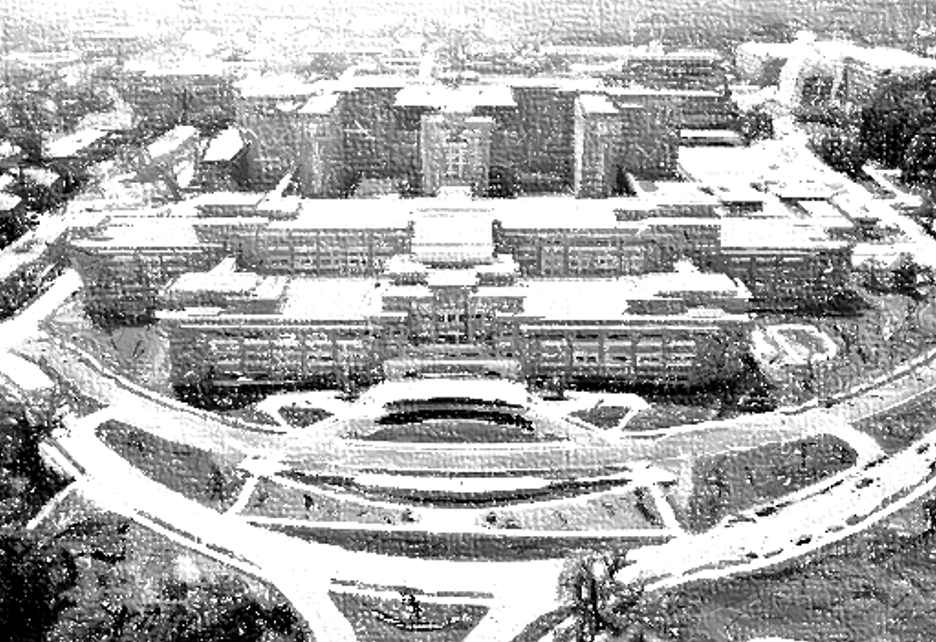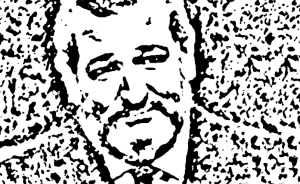
Science is political
For centuries, science has been romanticized as an impartial pursuit, a process that stands above politics and social conflict. We are told that the scientific method is designed to remove bias and that data simply “speaks for itself.”

Yet anyone who has watched science operate in the real world knows this is an incomplete picture.
Science is not conducted in a vacuum. It is shaped by human decisions about what questions get asked, how research is funded, who gets to participate, and which findings are amplified or ignored. These decisions are inseparable from politics because they reflect the values, priorities, and power structures of the society in which science takes place.
How Politics Shapes What Science Studies
To say that science is political is not to claim that every scientist has a partisan agenda or that research findings are fabricated to support ideological positions. It is to acknowledge that the practice of science is embedded in institutions, funding systems, and cultural norms that are influenced by political forces.
Public health provides countless examples. Research priorities often shift depending on who holds political office. Funding for topics like climate change, gun violence, reproductive health, or pandemic preparedness has expanded or vanished based on the prevailing political climate. When certain topics are considered too controversial to study, the absence of research becomes its own political act.

This interplay between science and politics is particularly visible when scientific findings challenge powerful economic or ideological interests. Consider tobacco research in the mid-20th century. For decades, the tobacco industry worked to suppress or discredit scientific evidence about the dangers of smoking, not by disproving the data, but by shaping public perception and influencing policymakers. The same dynamic plays out today with fossil fuel companies and climate change. Scientific consensus alone is not enough to change policy when powerful actors have the means to delay or redirect public debate.
Some people see the politicization of science as a problem to be fixed by enforcing stricter neutrality, by “keeping politics out of science.” While the intention may be to protect the credibility of research, this framing misses the point. Politics is not an external contaminant that can simply be removed. The very act of defining what counts as a legitimate research question is political. Deciding whose health matters most is political. Even the choice of metrics for measuring public health outcomes reflects value judgments.
Transparency as a Tool for Trust
This does not mean that scientific integrity should be abandoned or that evidence should be treated as just another political talking point. Rather, it means we must be transparent about the values and assumptions that guide scientific work.
Pretending that science is value-free can erode public trust when people see political influences at play but are told they do not exist. Openness about values is not a weakness; it can strengthen the legitimacy of science by making the decision-making process more accountable and inclusive. (To be upfront, this is what I have always loved about Community Psychology.)
Public Health at the Intersection of Science and Politics
In public health, this honesty matters because the stakes are often life and death. Policies about vaccine distribution, environmental regulation, housing, and access to care are shaped by both scientific evidence and political negotiation. Acknowledging the political dimensions of science allows us to engage with these decisions more honestly. It helps us see that disagreements over evidence are often really disagreements over values, priorities, and visions for society.
There is no simple solution for “depoliticizing” science, and perhaps that should not even be the goal. Instead, the challenge is to ensure that political influence is balanced by transparency, equity, and the inclusion of diverse voices. Science can serve the public good more effectively when it recognizes its own embeddedness in social and political contexts. This requires scientists, policymakers, and the public to engage with evidence not as an abstract, universal truth that speaks for itself, but as knowledge produced within systems that reflect human priorities.
The phrase “science is political” can sound unsettling, especially to those who believe that science should be a neutral guide for policy. But neutrality in science is often an illusion that masks the deeper choices being made about who benefits from knowledge and who is left out. If we are willing to confront that reality, we can build a public health system that uses science not as a detached arbiter, but as a tool for advancing collective well-being. This does not mean that every decision will be free from conflict. It means we will at least be clear about the values we bring to the table and the political realities we navigate.
Science will never be separate from the society it serves. Acknowledging that truth does not weaken its role in public health. On the contrary, it can make science more responsive, more democratic, and ultimately more impactful. By being upfront about our values, we can use science to not only describe the world as it is, but to shape it into a healthier, more equitable place for all.




